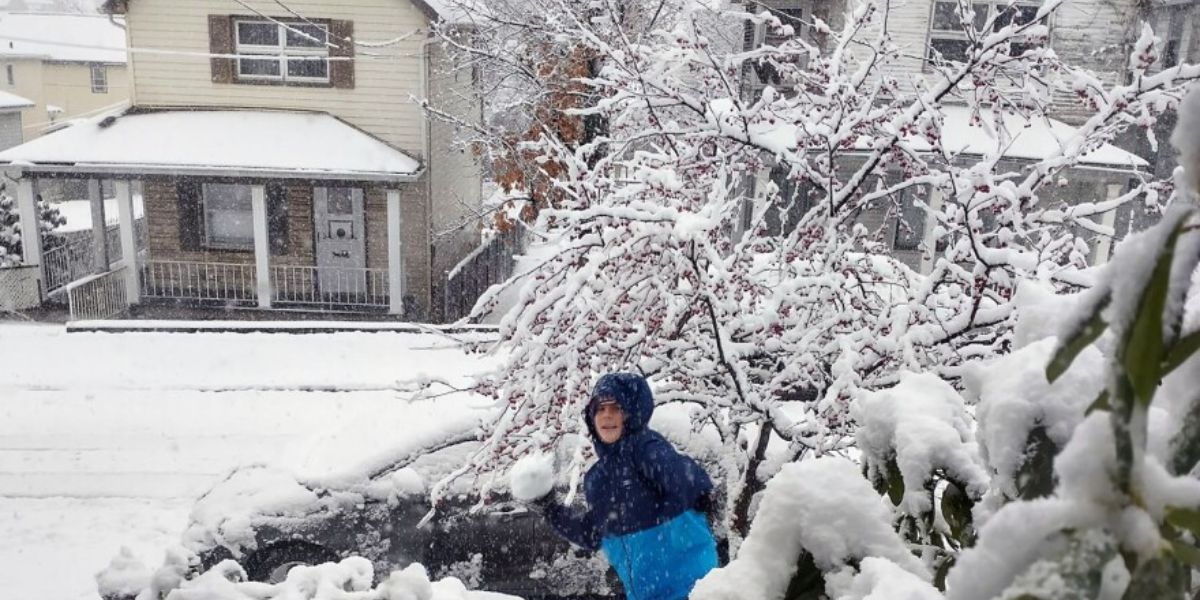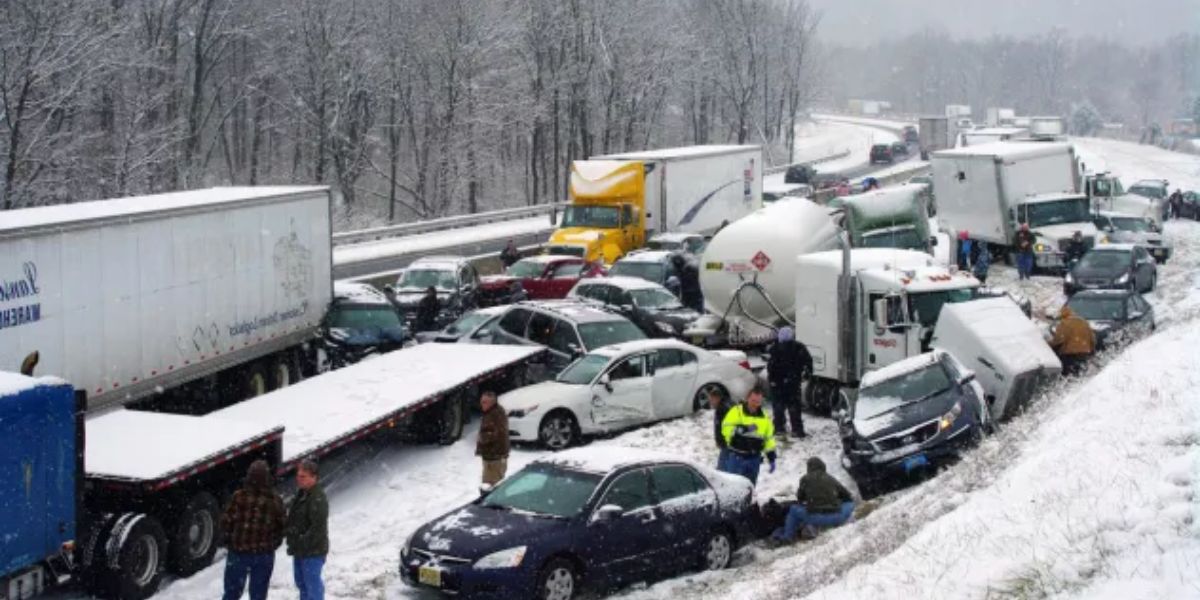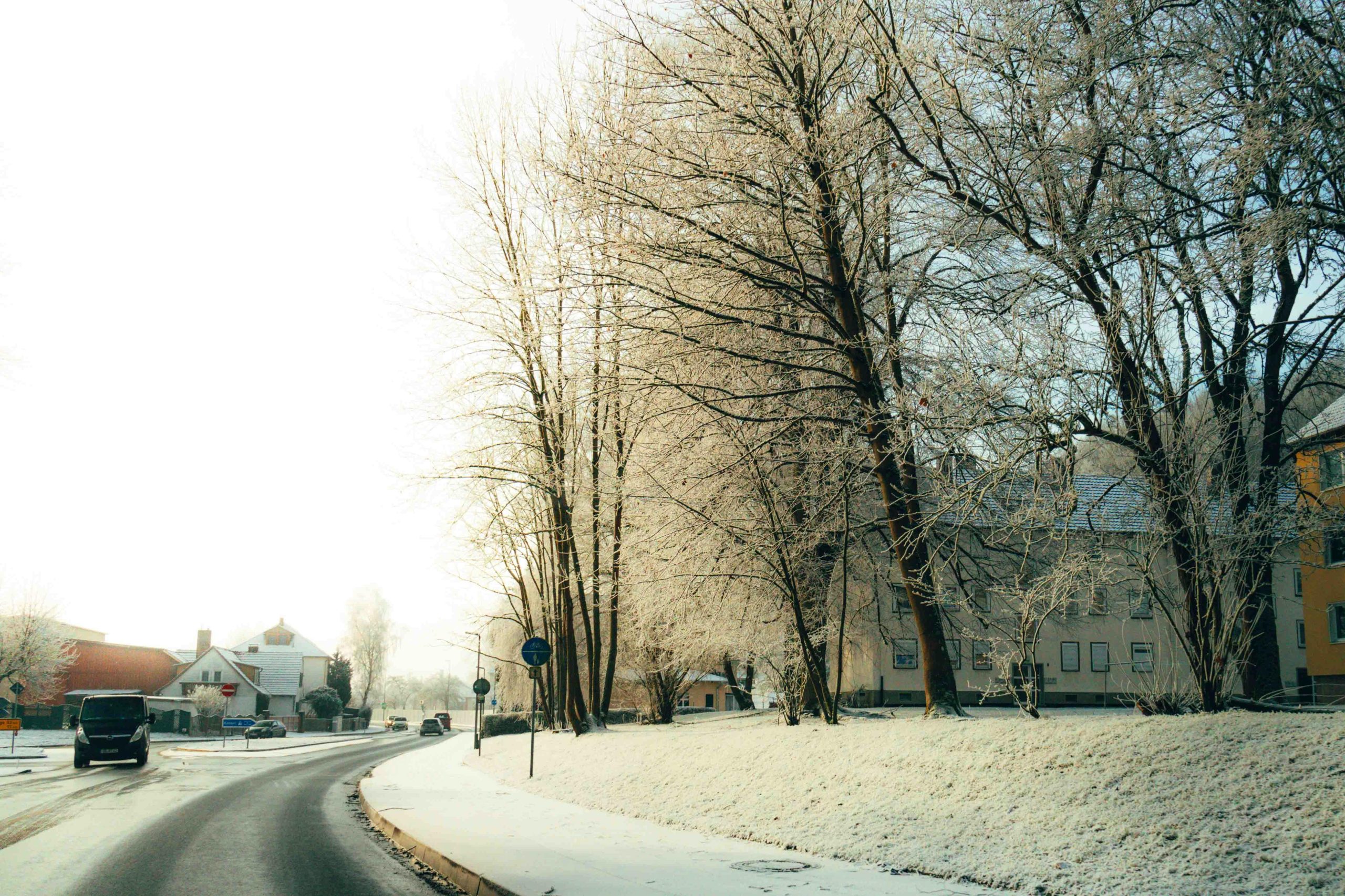San Francisco, CA – Winter storms in San Francisco Bay have created a growing danger for ships and boats as heavy rains bring massive amounts of debris into the waters. The storm runoff, including logs, utility poles, trees, and even propane tanks, poses serious risks to vessels of all sizes. To prevent potential collisions, the U.S. Army Corps of Engineers has stepped in with its debris removal boat, the Raccoon, which has been working to clear hazards from the Bay for 65 years.
The Raccoon is part of a team that includes the sister ship John Dillard, both of which are responsible for lifting and removing dangerous debris from the Bay. These boats have been essential in keeping San Francisco’s waters safe for maritime traffic. After spending over two decades lifting Navy seaplanes, the Raccoon now focuses on preventing accidents caused by debris in the Bay.
The Raccoon is out on the water every day to pick up debris and remove it before it can cause harm to ships and boats. The boat is equipped with a powerful crane that can lift up to 20 tons of debris. However, if an object is too large or heavy, the crew will lash it to the side of the boat and haul it to a debris dock. On days with heavy rain, the Raccoon can pick up up to 10 tons of debris.
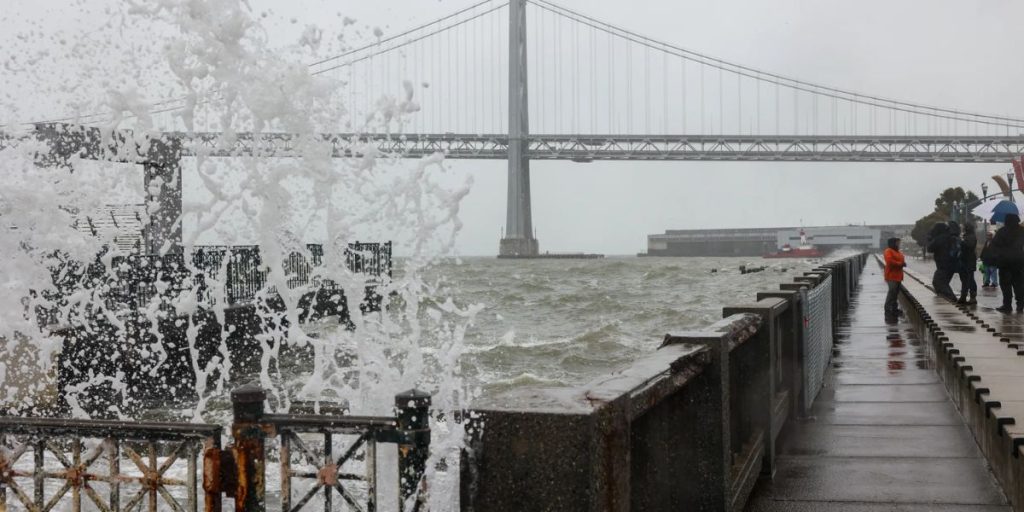
Captain Peter Brownell, who commands the Raccoon, says that the work is both challenging and rewarding. “It’s a lot of satisfaction of seeing what we do at the end of the day and the debris that we have taken out of the Bay,” said Brownell, who holds a Doctorate in Sociology from UC Berkeley. He added that it’s not uncommon for the crew to remove dangerous items like propane tanks, barrels, and logs, which can cause significant damage if struck by a boat.
The dangers of debris are not limited to small boats or ferries. Larger vessels like container ships, oil tankers, and fishing boats are also at risk. Colliding with debris in the Bay could result in severe damage to the ship and even endanger the crew. The Raccoon’s efforts to clear the Bay are critical in preventing these types of accidents. Ferries are especially vulnerable as they travel at high speeds, making them more likely to be damaged if they hit something large in the water.
The problem of debris in the Bay becomes particularly serious after heavy rains, especially during high tides. Rivers that empty into the Bay carry large amounts of debris with them, and some of it floats on the surface, while other hazards remain just below the waterline. With the wet season expected to continue, more debris is likely to accumulate, posing an ongoing threat to the safety of the Bay.
As the storm season continues, Captain Brownell and his team are prepared to face whatever the weather brings, working tirelessly to keep San Francisco Bay clear of hazardous debris and reduce the risk of maritime accidents.

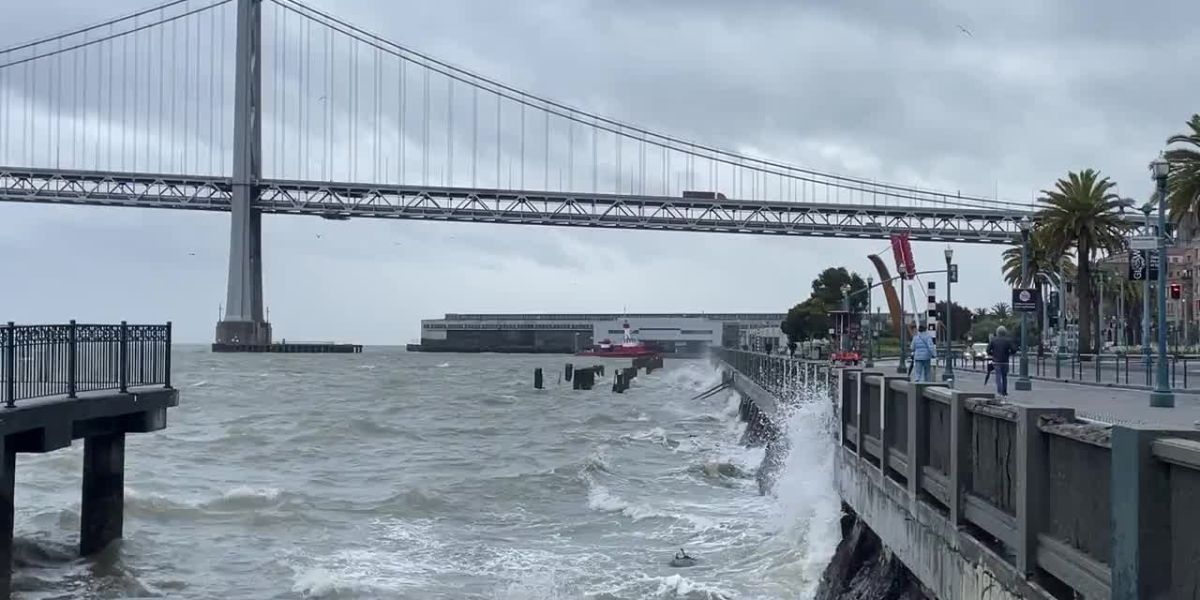
 by
by 